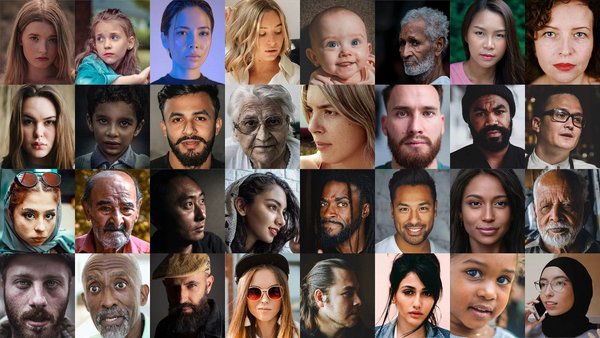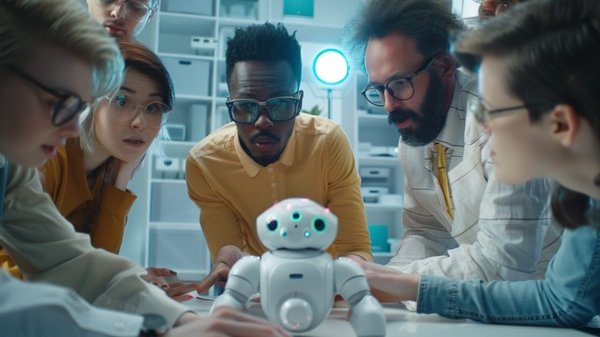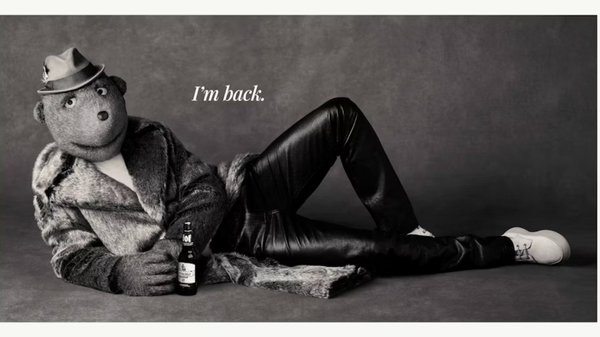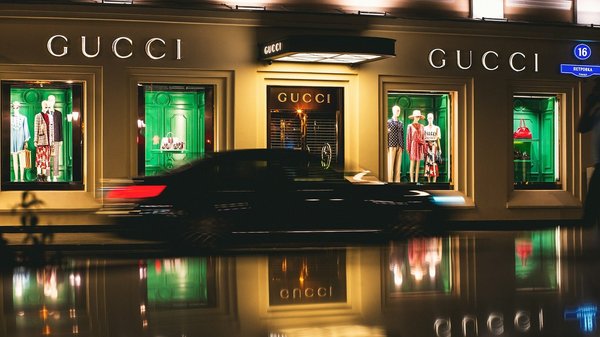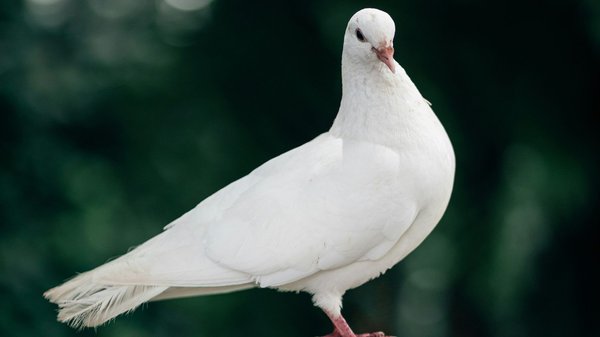‘The ad industry is having a crisis of imagination on climate change’ /
Greenpeace's Cannes stunts are a good reminder that the climate crisis needs pressure from the outside and action from the inside, writes Purpose Disruptors co-founder Lisa Merrick-Lawless
Contagious Contributor
/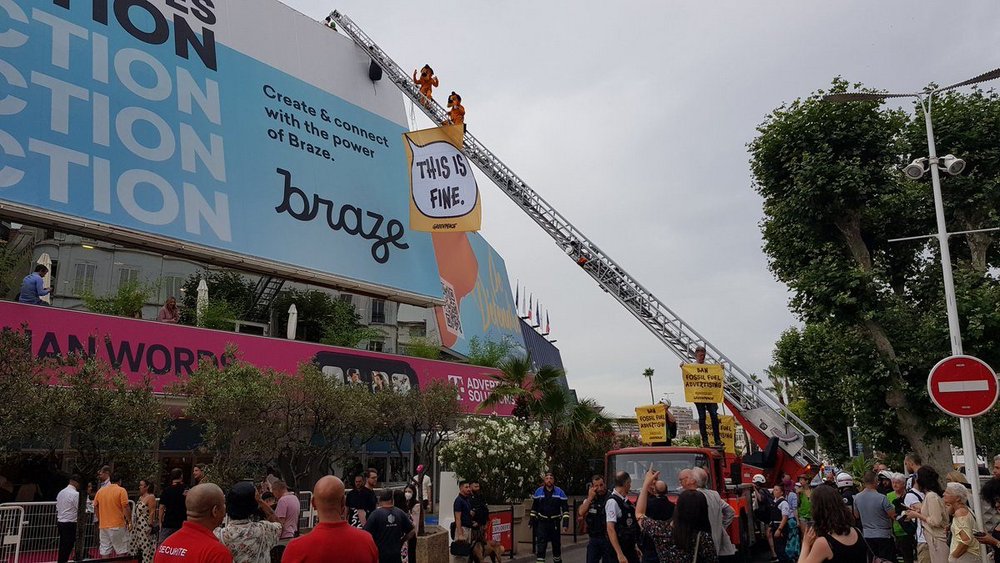
We are witnessing a story of two halves unfolding.
I’m here at Cannes and seeing Greenpeace’s attention-grabbing tactics at a time of urgency, and I salute them. Being heard in a fight amongst messages, at a festival of creativity, requires balls and imagination. These actions are excellent at raising awareness of the core issue – we are in a climate crisis – and have the intended effect of making people feel necessarily uncomfortable.
But many still look the other way, or worse ignore it, because they can.
Our friends in the Cannes climate camp are also pushing from the outside, hosting essential conversations including Futerra, Clean Creatives and Creatives for Climate. Act Responsible have curated an exhibition in the Palais and Open House For Good, led by Thomas Kolster, ensured more people had access to work exploring how the power of communications can help in the climate crisis.
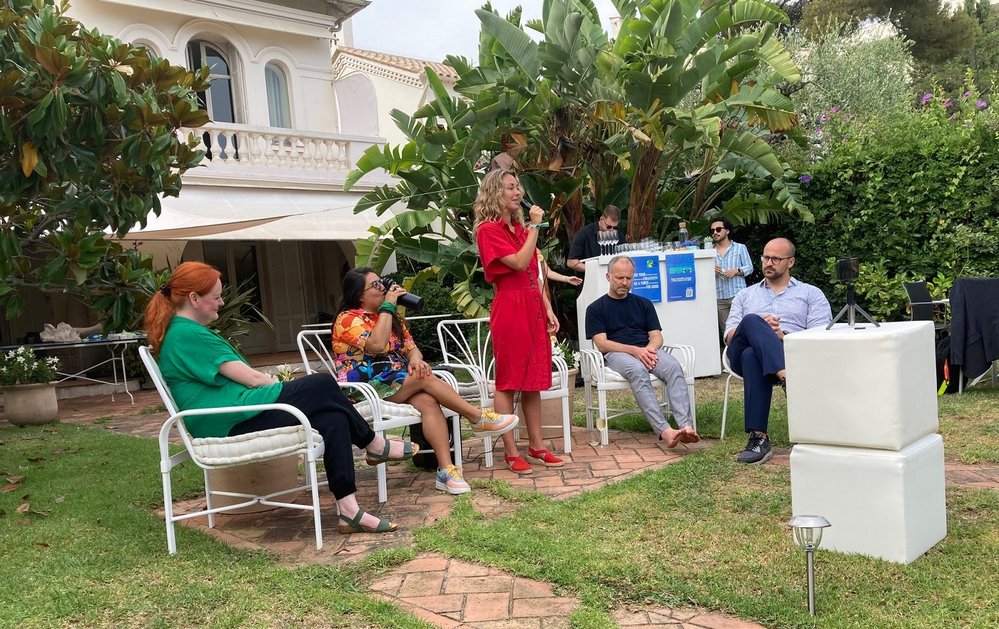
But we operate in a climate bubble. Whilst sustainability is a core pillar of the festival this year, it is often a watered-down version that hits the main stages, somewhat lacking imagination around how the climate crisis is talked about.
Many of the main stage events and talks on the beach at Cannes are still focused on sustainable consumption and the small emissions from production, operations and media associated with our industry. This is not very imaginative. This is a festival of creativity and an opportunity to think big.
I was impressed by the work of New Zero World, which is pointing in the right direction and starting to fill the imagination gap. They took to the main stage and to secret speaker slots with AY Young, a UN young leader, and Txai Surui, an indigenous activist from the Amazon. Backed by the UNFCCC and UN Global Compact, they invited us to a roundtable and spoke of a narrative shift. ‘It’s not climate change,’ they said. ‘It’s everything change’. This was music to my ears as it connected to the reason why I was at Cannes.
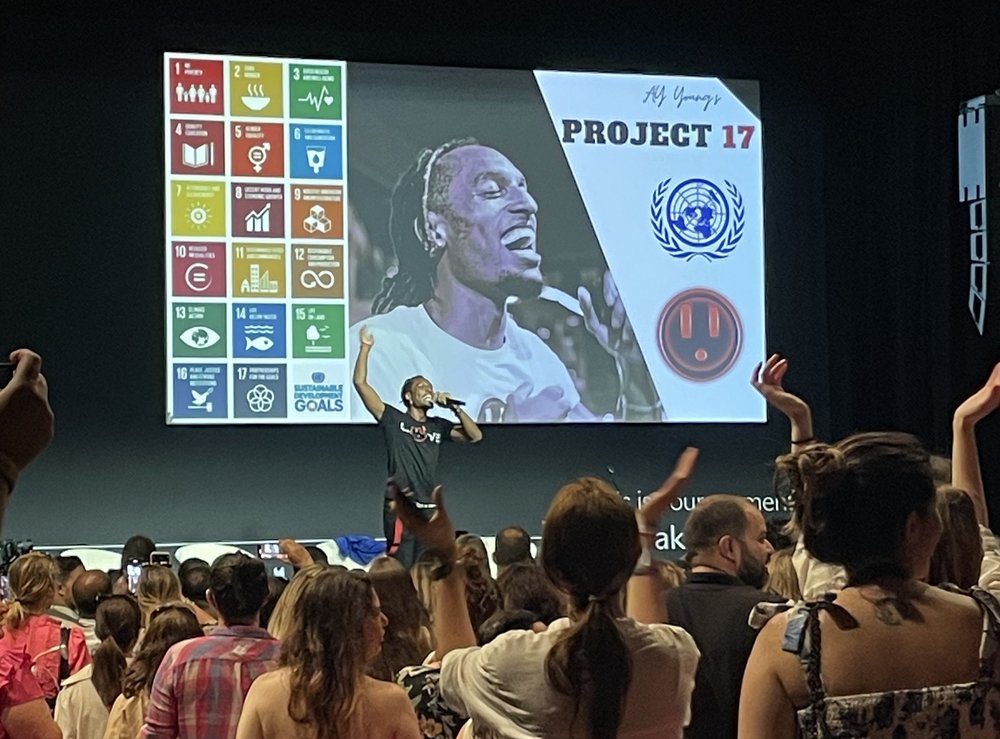
On Wednesday I was a secret speaker at Cannes Lions, sharing my talk ‘The Climate Crisis Needs The Imagination of The Ad Industry’ on the main Forum stage to 400 people.
Having the opportunity to reach a new audience and make new people feel something was exactly why I snapped Cannes Lions' hands off to be a secret speaker on the main stage. I was talking to a new audience outside of the climate bubble (who were expecting someone like Ryan Reynolds. Ha!). I shared my story about imagination and brought them on my journey. I invited them in.
I shared how in 2018 I had a wake-up call about the climate crisis. I connected the climate crisis to my work, understanding the reality that advertising drives consumption by creating the idea that more stuff leads to a good life. Yet unsustainable consumption is a major driver of emissions, adding 28% to everyone's carbon footprint in the UK (from our Advertised Emissions report 2021). I realised I was having a personal crisis of imagination, wasting my imagination just thinking about promoting stuff and buying stuff for myself. It was a big reckoning, not an easy one to face.
Last year, whilst developing the thinking for the Good Life 2030 project I came to realise that the climate crisis is a crisis of imagination. The science is clear: we need to halve emissions by 2030 to stop global temperatures rising more than 1.5 degrees Celsius. But when it comes to imagining what this world is like to live in - that’s a whole other leap. There are no visions of it that people find compelling currently. They are either dystopian and people look away or utopian and people don’t believe them. The climate crisis is a crisis of imagination. This realisation led to the launch of the Good Life 2030 project.
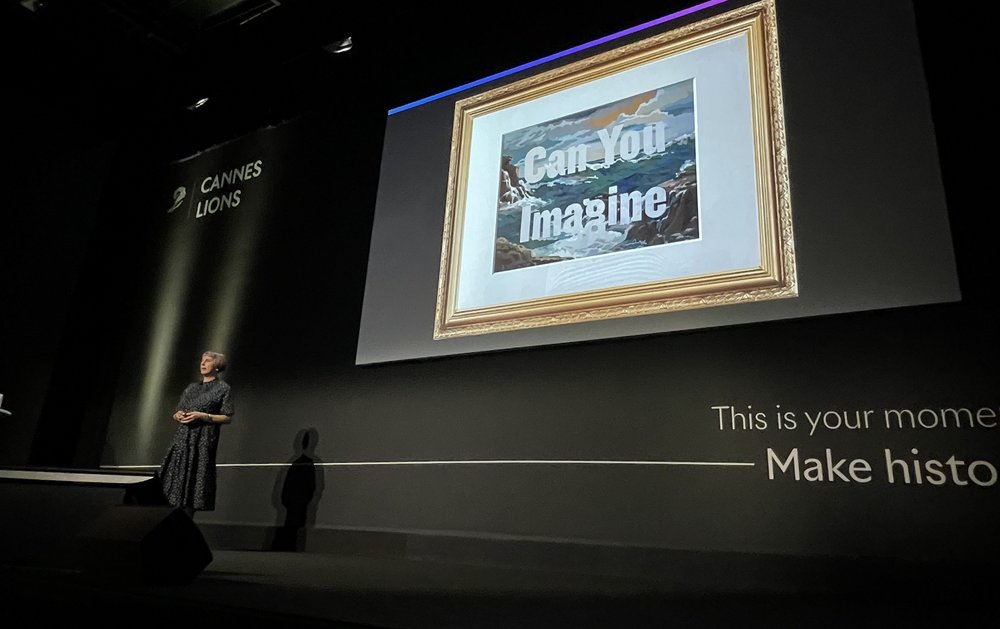
This is where the Ad industry comes in.
We imagine and make things real for a living. We shape society and create culture around imagined futures. If we can do this for brands then surely we can do this for society and the future of humanity and the planet we call home. I invited the industry to choose to use their imagination to bring the future forward. The challenge at the moment is the Ad industry is having a crisis of imagination around climate change.
The Good Life 2030 project enables people from the advertising industry to engage with their own visions of the future through immersive workshops, it enables them to imagine what this means for them. There is inspiration from citizens who have imagined their future (one that is about connection, not consumption) and a live creative brief to respond to where the client is your future. This is an open, collaborative invite to participate.
Together the future is ours to create – imagine that.
Want more of the same? /
We don’t just write about best-in-class campaigns, interviews and trends. Our Members also receive access to briefings, online training, webinars, live events and much more.
